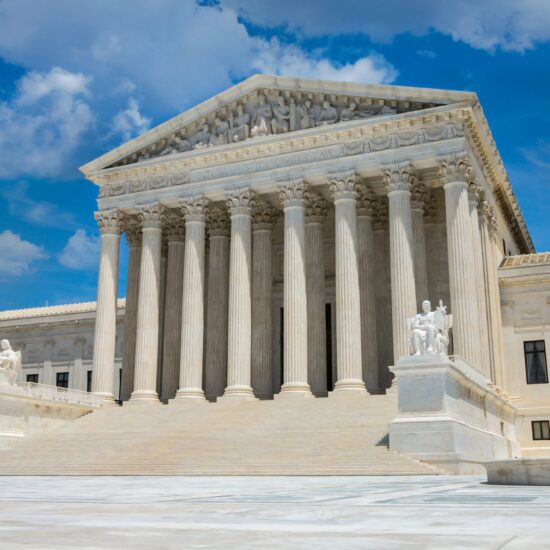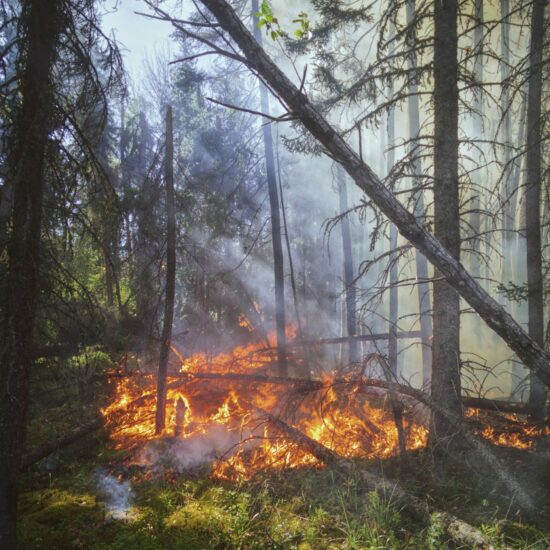About a hundred billion tweets ago, in the middle of June, the writer Sherman Alexie sent out this tweet: “What is most
lacking from American poetry: humor and rage.” I’ve thought of this brief literary criticism off and on ever since. I’ve seen plenty of humor in contemporary poems—even the Poetry Foundation now bestows a prestigious poetry prizefor humorous poems—but what about rage? I’ve not heard of any awards given for rageful poetry.
But that doesn’t mean there aren’t poets putting their rage to use. Just last week, on September 29, poetry readings and other events were sponsored worldwide by a grassroots group, 100 Thousand Poets for Change. According to their Web site, these events seek to address societal ills like “wars, ecocide, the lack of affordable medical care, racism” through a community focus on the arts and “peace and sustainability.” In its inaugural year, 2011, there were 650 events in 550 cities.
A similar movement in the United States, Split This Rock, seeks to “celebrate the poetry of witness and provocation” and urge poets to assume “a greater role in public life.” The organizers took the name from a poem by Langston Hughes,” Big Buddy”:
Don’t you hear this hammer ring?
I’m gonna split this rock
And split it wide!
When I split this rock,
Stand by my side.
Poet and novelist Alice Walker, in an interview published earlier this year, in conjunction with the Split This Rock festival where she presented her work, said that the best poetry “cuts through to the heart of what’s of value in life. To really be true to your own spirit. To be awake and develop patience so that you truly understand what it is you’re trying to do, desire, and who in fact you really are. … It’s a wonderful gift to the planet.”
I shouldn’t take a tweet too seriously, but Alexi hit on something I don’t often articulate. I’ve had some of my poems published, and even won a prize or two. I have an MFA in poetry. I’ve given readings. But what value does poetry really have in our society? His comment on rage got me thinking about how vital poetry is and has been in many cultures worldwide. Neruda, of course, was revered as a poet and statesman in Chile before the coup in the early ‘70s, illustrating Shelley’s famous quip that “Poets are the unacknowledged legislators of the world.” And poetry is a life-and-death endeavor for some: just yesterday a Tibetan poet self-immolated in protest against China’s policies in his homeland.
But in the United States? Quick: can you name a living American poet? Okay, can you recite a favorite poems by one of your contemporaries? Or (**gasp**) can you imagine Kay Ryan moderating a presidential debate?
As we head into high debate season in this last month of the presidential campaigns, we all might do well to take a look at this sampler of political poems at the Poetry Foundation. Here’s one stanza, by poet Fred Merchant:
I think that if my tongue alone could talk
it would swear
in any court that poetry
tastes like the iodine in blood,
or the copper in spit, and makes a salt stronger than tears.
Next week I’ll post on poetry, empathy, and health care reform.











Amanda Anderson (Author) / October 12, 2012
Thanks for this post! I love it, and agree with it. Poetry brings me such comfort, solace and inspiration. Lately, I have been referencing this poem often: http://www.poetryfoundation.org/poetrymagazine/poem/244198
(While it does nothing to speak of rage, it sure as hell has helped me to silently express some of my own).
/
djmasonrn (Author) / October 16, 2012
Thanks for your comment, Amanda. Joy is a wonderful poet who taught me about the power of poetry. Thank you, Joy.
/
joyjacobson / October 16, 2012
Thanks, Amanda and Diana, for your comments. Amanda, that’s a pretty great poem by Hoagland you link to — “maybe everyone is screaming / as they go through life, silently …” And Diana, you are welcome! I appreciate your eagerness to learn more about this art form.
/